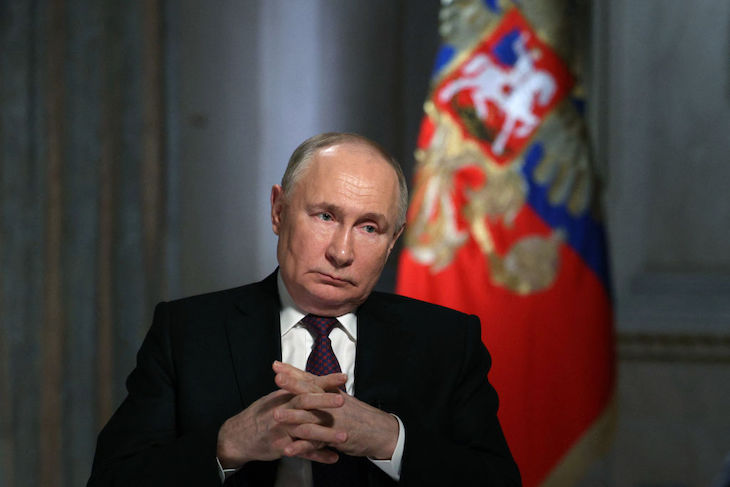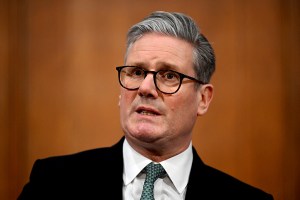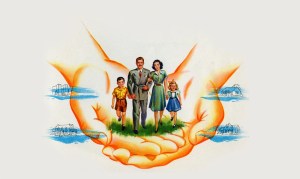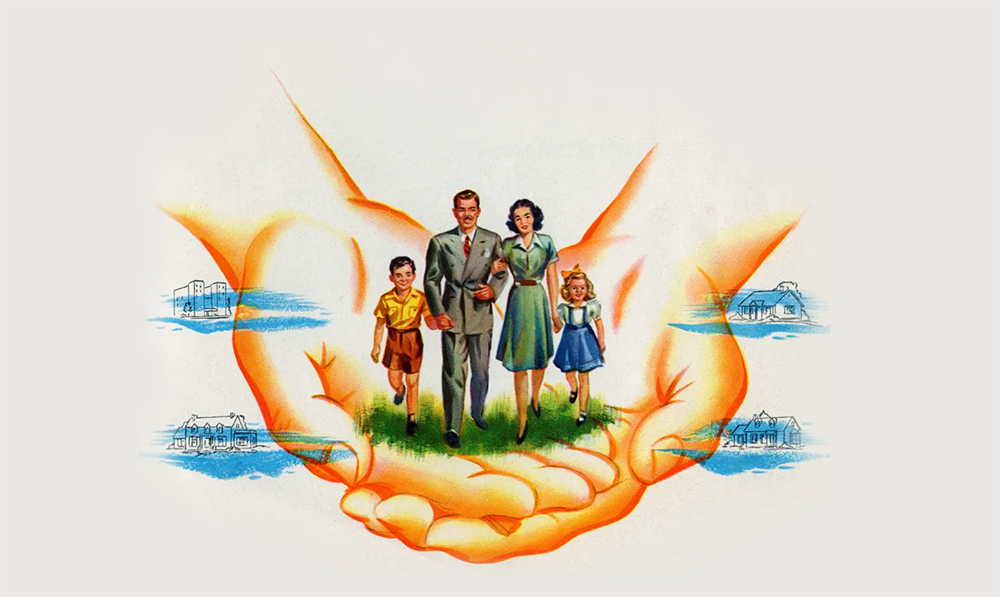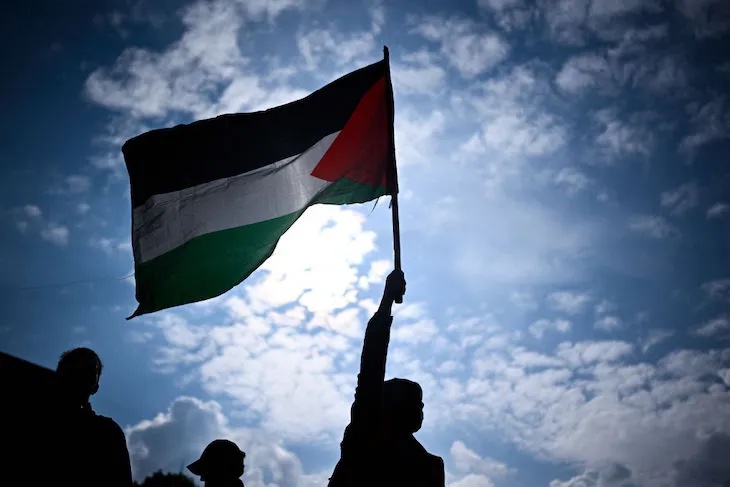The main achievement of the US-Ukrainian talks in Jeddah was to produce a ceasefire document that Russia might actually want to sign. A long list of Ukrainian red lines – such as a partial ceasefire in the air and sea only, and security guarantees before any ceasefire was implemented – were swept aside. What’s on the table is essentially an unconditional ceasefire on all fronts, initially limited to thirty days. Putin now needs to decide whether it’s in Russia’s interests to accept. There are six reasons why he should sign the Jeddah deal – and five reasons he may not:
Why Putin should agree to the deal:
Relations with Washington are more important than military gains on the ground in Ukraine
As Russian National Guard chief Viktor Zolotov put it, “Ukraine is where the border between the US and Russia runs.” Putin has always maintained that the Maidan revolution of 2014 was a Western-orchestrated coup and that the Kyiv regime are puppets of Washington. Therefore, by his own logic, the only way to prevent Ukraine from joining Nato and becoming a strategic threat to Russia is to do a deal with the puppet-masters in Washington.
Trump is unpredictable and could turn against Putin as suddenly as he has turned towards him
It’s easy to forget that Trump was much harder on Putin in his first term than Obama had ever been, sanctioning Gazprom’s Nord Stream-2 pipeline and stepping up military aid to Kyiv. Senator Lyndsey Graham yesterday threatened that if Putin does not take the deal then the US will sanction countries that imported Russian oil and gas – principally India, but also Europe which still gets 13 per cent of its energy from Russia and growing. Those would be the kind of hard sanctions that could truly cripple the Russian economy.
The war is slowly strangling Russia’s economy
Despite surviving sanctions far better than expected, Russia is suffering from high inflation and interest rates. A GDP bump fuelled by military spending is going flat and there is a crippling shortage of skilled workers and investment. War spending consumes 40 per cent of Putin’s state budget.
Russian elites want to get rich and travel again
A key fallacy behind Western sanctions since 2014 has been that Russia’s ‘oligarchs’ will see Putin as bad for business and rein in his geopolitical adventuring. In the end, Putin ignored the business class and wiped billions off their wealth by ploughing on with his self-appointed world-historical mission to ‘liberate’ the Russians of East Ukraine to secure his nation’s borders in depth. But after three years of war, members of the elite are starting to chafe at travel restrictions, personal sanctions and frozen bank accounts.
Thirty days is a short time
The short time limit on the ceasefire gives Putin plenty of room for demanding concessions from Kyiv – principally over the formula for Ukraine’s future neutrality, and the size of its military. If he gets nowhere, Putin can always resume the offensive. A month will not give the Ukrainians time to significantly strengthen or regroup.
Putin has a better chance at controlling Ukraine through the ballot box than by violence
Ever since Ukraine’s independence in 1991, Moscow has tried to control Kyiv’s elites though an endlessly shifting mix of macroeconomic bribery, personal corruption, funding of pro-Russian opposition parties and propaganda. The full-scale invasion of 2022 was driven in part by the failure of those mechanisms to change Ukraine’s pro-Western course. But having spent trillions of rubles and 700,000 casualties on taking just 19 per cent of Ukrainian territory, Putin may now calculate that the time has again come to revert to the old pattern and try to influence Kyiv from within.
Five reasons Putin may not agree to the deal:
Putin believes he is a grand master of geopolitics
Putin famously lives in an information bubble and is surrounded by sycophants trained, like himself, in the 1970s KGB. Trump’s sudden fit of apparent sympathy for Putin and anger at Ukraine is, in truth, driven partly by Trump’s personal grudges against Zelensky and partly by impatience to finish the war. Trump sees no vital US interests in either Russia or Ukraine. But the people around Putin may hubristically decide that the world is suddenly going their way and push for more concessions. Putin’s foreign policy has always been opportunistic; he’ll take what he can get. The biggest danger to peace in Ukraine is Putin’s arrogance and his tendency to over-reach.
Once the war is paused, it may be hard to remobilise Putin’s motley force
Putin hates to lose
The Kremlin’s continued stranglehold on Russia’s information space will allow Putin’s propagandists to spin any outcome of the war into a victory. But questions will be asked – especially by right-wing ultranationalist Russian self-described ‘patriots’ – over what the titanic sacrifice was all for. If Ukraine continues its pro-Western course and remains democratic and free, it will be clear that the invasion achieved nothing. That could seriously undermine Putin’s image as an infallible protector of his people.
War is hard to resume once stopped
It’s hard to get an objective picture of morale inside the Russian army. But servicemen bloggers on Telegram and Signal offer plenty of tales of commanders’ sadism, execution of their own men, massive corruption and cynicism across the Russian military. Most Russian soldiers are serving only in order to collect huge bounties, or to get out of jail. Once the war is paused, it may be hard to remobilise this motley force.
Putin’s regime needs an outside enemy to survive
At the beginning of the war, Putin’s propagandists attempted to cosplay the invasion of Ukraine into a version of the USSR’s fightback against the Nazis. Paramilitary youth groups were formed and schoolchildren paraded. As the war wore on – especially after the Wagner mutiny of summer 2023 – the tendency has been to play down the ‘special military operation,’ which often doesn’t even enter the top three items on national TV evening news. Unlike the battling states of Orwell’s 1984, the regime does not rest solely on constant warfare for its legitimacy. Indeed, in his last state-of-the-nation speech in November, Putin spent four times longer speaking of prosperity and social programmes as on the war. Nonetheless, Putin poses as the protector of his people from a belligerent West. If he suddenly makes a deal with Washington, what will his narrative be then?
Demobilising the army will be dangerous
There is a major political and social liability inherent in demobilising hundreds of thousands of battle-traumatised, ultra-violent men. As Yevgeny Prigozhin’s mutiny showed, there was a groundswell of support among ultranationalists that Wagner had been stabbed in the back and the war could have been won were it not for ‘parquet generals’ and corrupt politicians. The greatest threat to Putin’s power comes not from pro-Western liberals like the late Alexei Navalny, but from the nationalist right who could easily develop a betrayal narrative against the thieving Kremlin.



